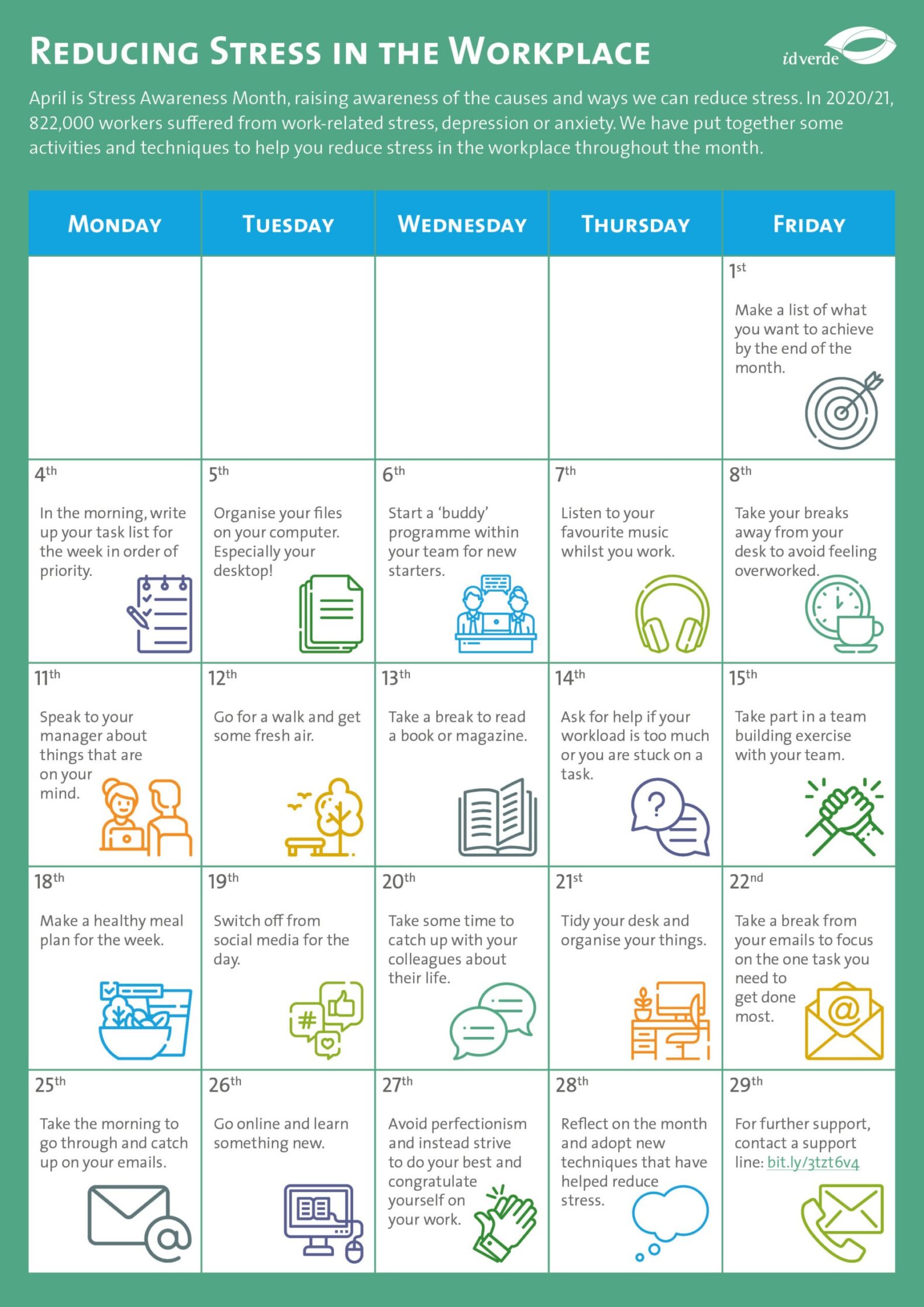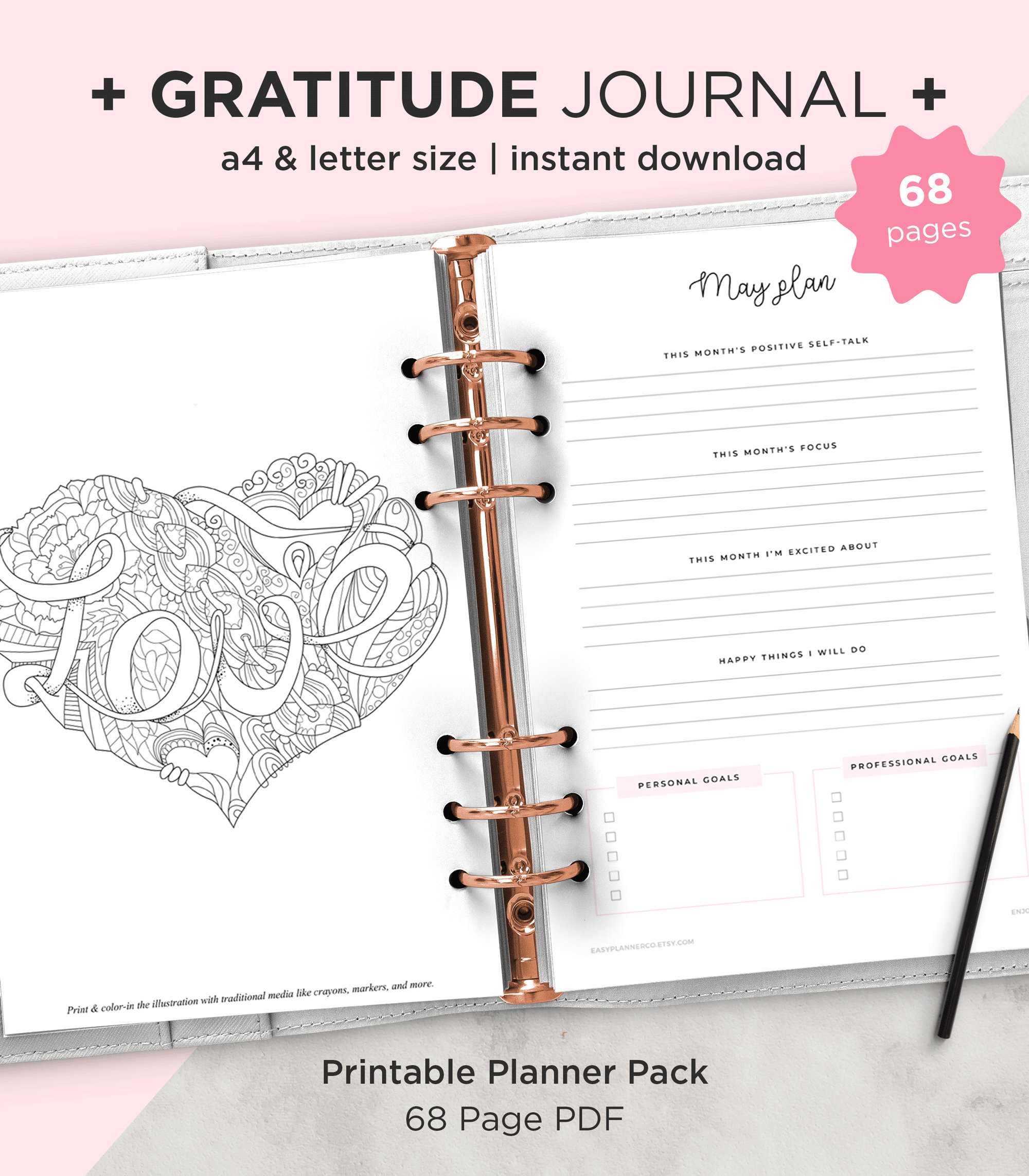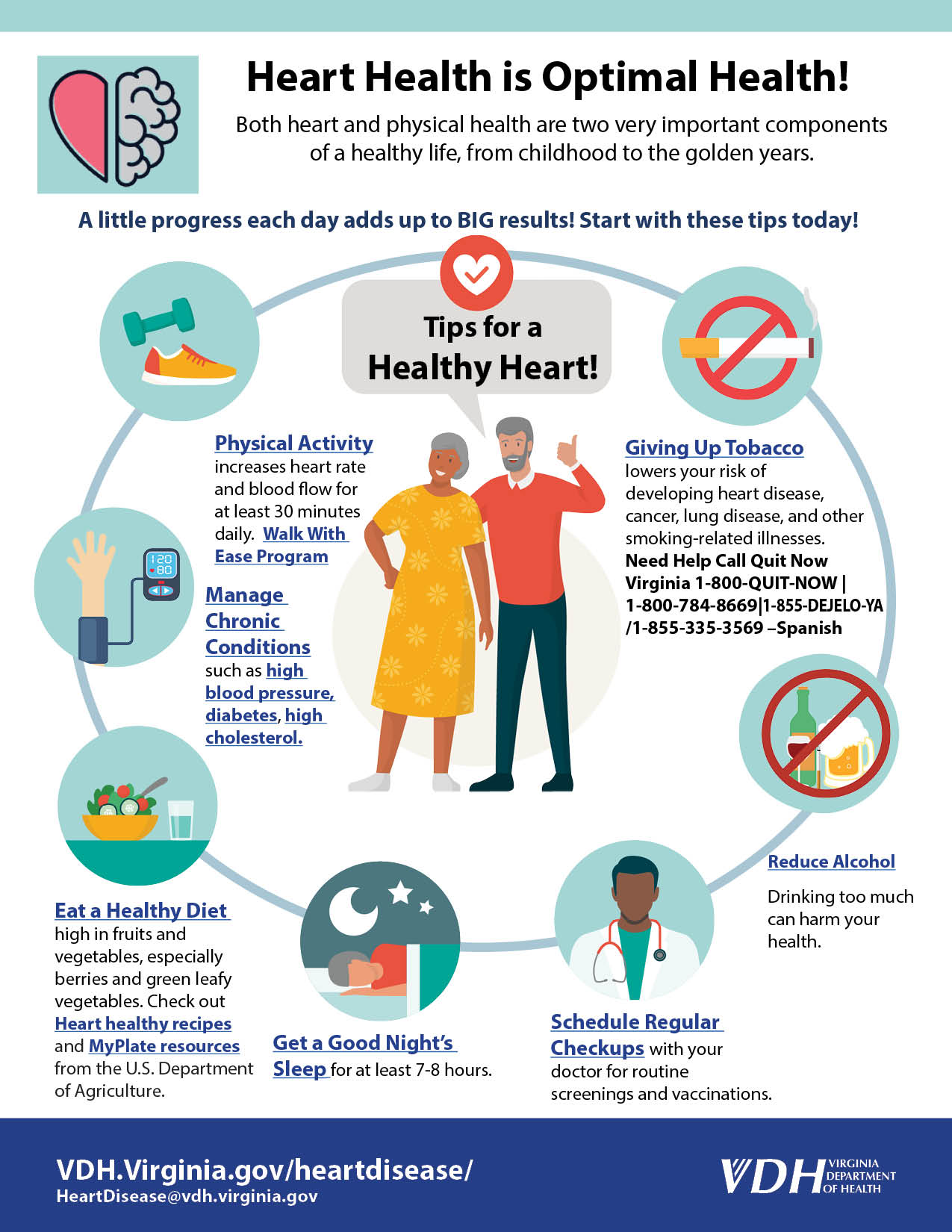Reducing Stress – the Key to Protecting Your Heart in Middle Age

Reducing Stress: The Key to Protecting Your Heart in Middle Age
Stress is an unavoidable part of life, but for middle-aged individuals aged 40–55, chronic stress can take a significant toll on heart health. With heart disease being the leading cause of death in the United States, understanding and managing stress is critical for protecting your cardiovascular system during these pivotal years. This article explores how stress impacts heart health and provides practical strategies to reduce stress and safeguard your heart.

The Connection Between Stress and Heart Health
1. How Stress Affects the Heart
-
Physiological Impact: Chronic stress elevates levels of stress hormones like adrenaline and cortisol. These hormones increase blood pressure, heart rate, and blood sugar levels, leading to inflammation and plaque buildup in arteries, which can result in coronary artery disease, heart attacks, or strokes .2 .12.
-
Behavioral Impact: Stress often leads to unhealthy coping mechanisms such as overeating, smoking, excessive alcohol consumption, and physical inactivity. These behaviors exacerbate risk factors like obesity, hypertension, and high cholesterol .2 .6.
2. Gender-Specific Risks
-
Middle-aged men who experience high levels of anxiety are more likely to develop multiple cardiometabolic risk factors (e.g., obesity, high blood pressure) .6.
-
Women under 55 with cardiovascular disease are particularly vulnerable to adverse outcomes from stress due to heightened sympathetic nervous system responses .15.

Practical Strategies to Reduce Stress
1. Physical Health Practices
-
Exercise Regularly: Physical activity releases endorphins that counteract stress. Aim for at least 30 minutes of moderate exercise (e.g., walking, cycling) most days of the week .4 .5.
-
Prioritize Sleep: Quality sleep is essential for stress management. Establish a consistent sleep routine and aim for 7–9 hours per night .5 .14.
-
Eat a Balanced Diet: A diet rich in fruits, vegetables, lean proteins, and whole grains supports mood stability and energy levels while reducing inflammation .5 .14.
2. Mental Health Techniques
-
Mindfulness and Meditation: Practices such as mindfulness-based stress reduction (MBSR) have been shown to reduce anxiety and improve emotional well-being in middle-aged adults .11. Apps like Calm or Headspace can guide beginners.
-
Relaxation Exercises: Techniques like deep breathing, progressive muscle relaxation, or visualization can lower physical tension and promote calmness .5.
-
Seek Professional Help: For chronic stress or anxiety, cognitive-behavioral therapy (CBT) or counseling may provide valuable tools for management .5.
3. Build a Support System
-
Strong social connections reduce feelings of isolation and provide emotional support during stressful times. Join community groups or engage in shared hobbies to foster relationships .4 .14.
:max_bytes(150000):strip_icc()/3145195-article-tips-to-reduce-stress-5a8c75818e1b6e0036533c47-922c3155e9c846eaa7447c75030b2c13.png)
Time Management for Stress Reduction
Effective time management can help reduce feelings of overwhelm:
-
Set Priorities: Focus on the most important tasks each day using tools like calendars or to-do lists.
-
Delegate Tasks: Share responsibilities at home or work to lighten your load.
-
Schedule Breaks: Incorporate short breaks into your day to recharge mentally and physically .5.

Holistic Approaches
-
Forest Bathing (Shinrin-Yoku): Spending time in nature has been shown to lower blood pressure and improve mood in middle-aged adults .1.
-
Hobbies and Creativity: Engaging in activities you enjoy—such as painting, gardening, or playing music—can provide a mental escape from daily stresses .4.

The Role of Positivity
Adopting a positive outlook can significantly reduce perceived stress levels:
-
Practice gratitude by keeping a journal of things you’re thankful for.
-
Reframe challenges as opportunities for growth.
-
Limit exposure to negative news or social media that might amplify anxiety .4 .14.

The Importance of Monitoring Heart Health
Regular check-ups are essential for middle-aged individuals:
-
Monitor blood pressure, cholesterol levels, and weight regularly.
-
Discuss any persistent stress symptoms with your healthcare provider.
-
Consider wearable devices that track heart rate variability (HRV), an indicator of stress levels .13.

Conclusion
Managing stress is not just about feeling better—it’s about protecting your heart and ensuring long-term health. By incorporating physical activity, mindfulness practices, strong social connections, and effective time management into your daily routine, you can significantly lower your risk of heart disease while enhancing your overall quality of life.
Remember that small changes add up over time. Start with one or two strategies that resonate with you and gradually build a lifestyle that prioritizes both mental well-being and heart health.








